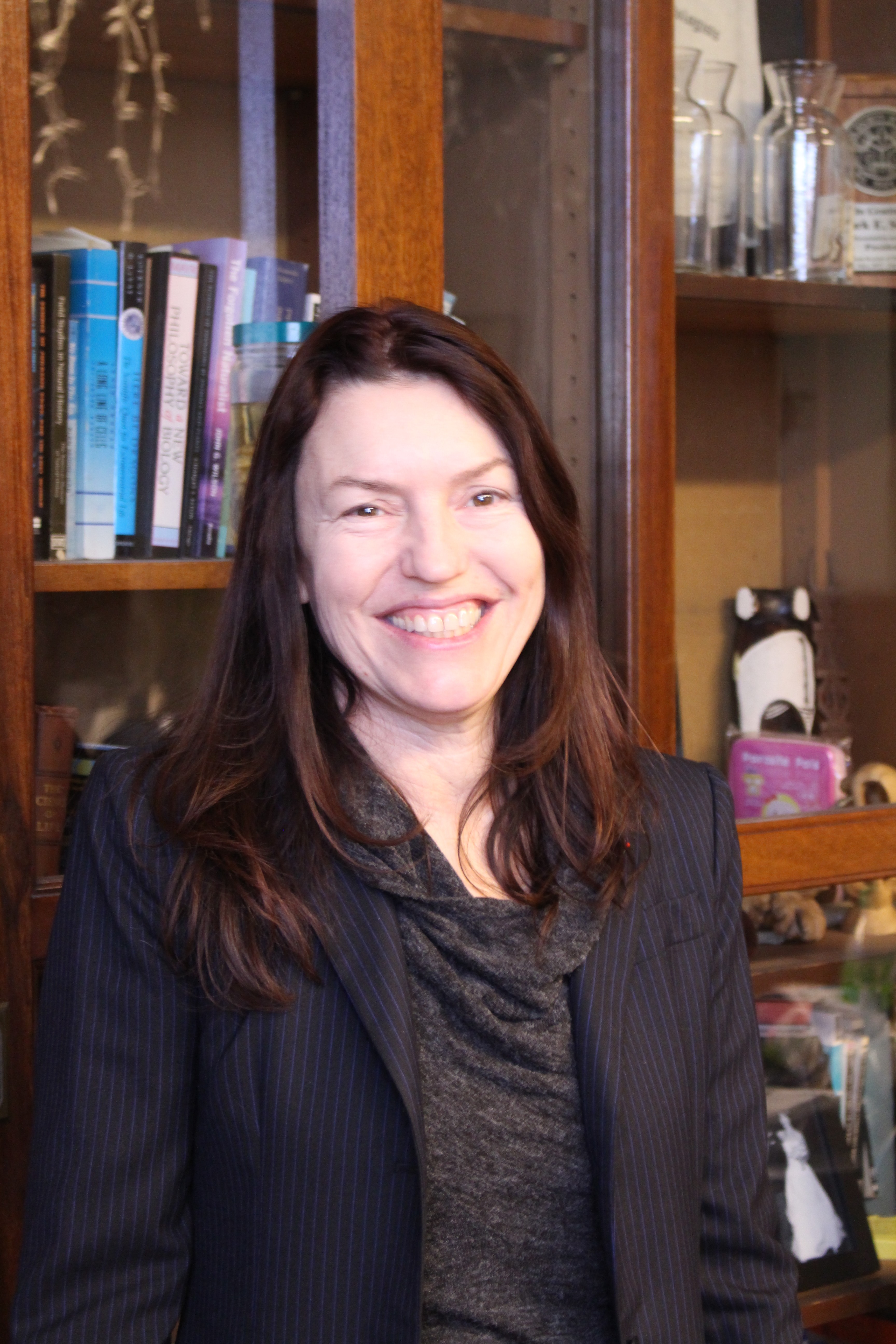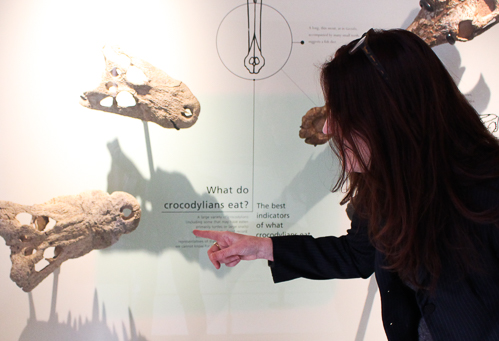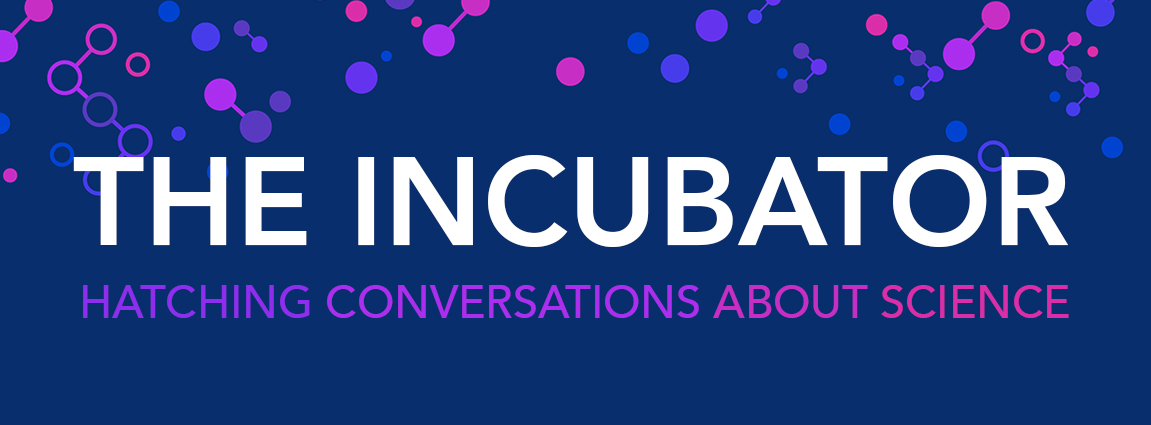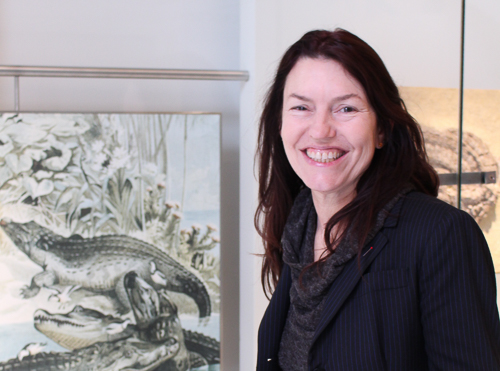Evon Hekkala

Recently, people seem to have a hard time linking their everyday experiences to what they think of as science. What we really need now is to remember how science was done for most of its history: the people conducting “research” and publishing papers-those people were gardeners, or birdwatchers, those people were farmers and laborers who were trying to enhance harvests or make labor saving tools.

Growing up I didn’t have the slightest interest in “science” as I think most people think of it. I liked to do art and loved the idea of evolution but I never thought of studying it. It wasn’t until later that I realized that having a question about the world, and then gathering information on how to answer that question… well… that’s actually science.
Crazy things happen sometimes– we were taking crocodile blood samples in a remote part of Madagascar and we realized the sterile cotton swabs we needed were with our luggage back at the village. We had sampled 8 crocodiles and had another 30 to catch and sample. One member of our crew mentioned that she had a brand new carton of maxi pads, so we tore those up and used them to take the blood samples. Turns out that whatever their proprietary ingredient is- it is great for preserving DNA! but it also shows that women may have novel perspectives on how to succeed in fieldwork.
With my work I always tell people it’s tiny cooking. If you can make a cupcake, you can set up a PCR.
_________
Evon Hekkala, PhD works at American Museum of Natural History in Conservation Genomics and aDNA and is an Associate Professor in the Department of Biological Sciences at Fordham University. Evon has used genetic data from Egyptian crocodile mummies to identify cryptic species in the Nile crocodile and collected DNA from 100-year-old frog specimens from Las Vegas to identify an extinct species there. As a Research Associate, she is resurveying century old specimens from dioramas representing the historic Congo Expedition to identify both new species and biodiversity losses. Her association with natural history museums, science communication, and both formal and informal science education, spans over 25 years from when she first volunteered at the Redpath Museum in Montreal until today.

